Finding Home: Podcast & Essay Series
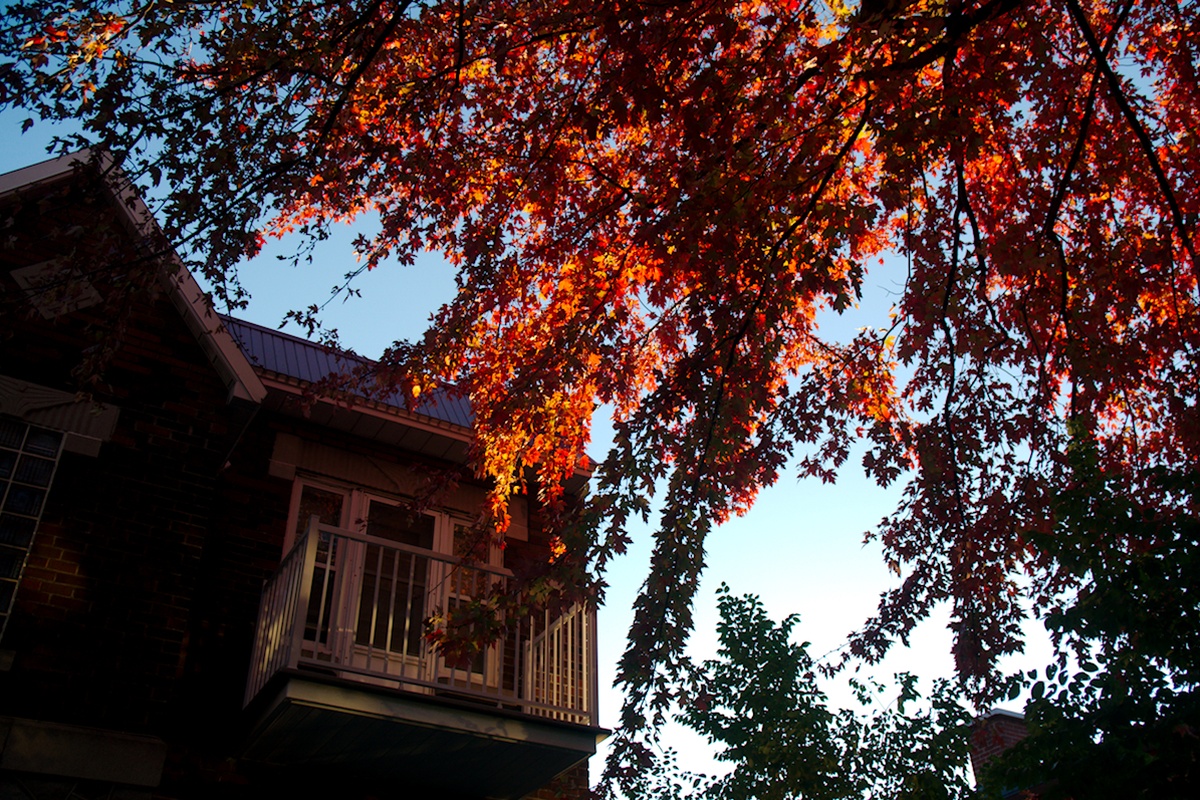
Season 2 of my Patreon Podcast is a series of interviews with extraordinary ordinary people about Finding Home. (After initially publishing these at Patreon I'm moving all the interviews to my blog. The titles below with an * are posts that include an audio of the interview. Eventually, they will all have the audio included.)
The subject of home is deeply personal for me, it touches the core of who I am and what I value most in life. It’s also intellectually fascinating to me since it’s one of our most universal human needs and something we seek to secure individually and collectively. So much of what we do is driven by our most basic need to build a home for ourselves and our families.
Home. What is it? How do we define it? How do we find it in our increasingly migratory lives?
Is home a sense of geography and culture? Is it the structure you live in? Is it the relationships that sustain you? Is it all that and more?
How we answer these questions, how we define home, is an expression of the relationships, environments, activities and energies that sustain and support us. Home speaks to our past, present and future.
Finding Home started as a series of interviews with people about this most fundamental aspect of being human.
We explore the homes of our childhood, our dreams of home through adulthood, and the actual places we live, geographically and physically. We talk about where we've come from and what we're hoping to carry into the future, as we create and inhabit our own ideas and embodiment of "home".
Three years after publishing the podcast series I returned to this subject in a capstone essay, It all started with a move: Finding Home. That essay is available in its entirety here, and as an audio download here. You can also find that essay, divided into 4 blog instalments in the series of posts below.
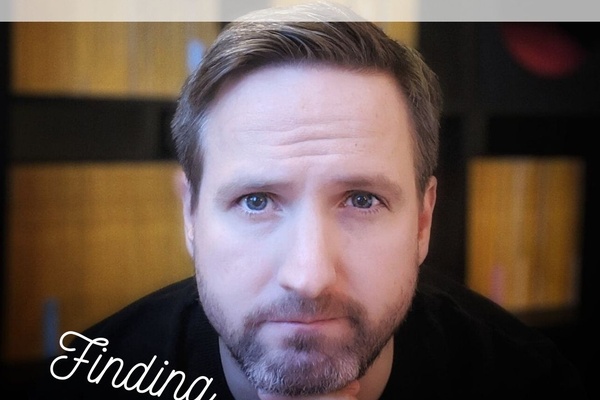
*Finding home in heritage, apartment living, and public spaces
July 15, 2020
An interview about finding home in our ancestral lands and heritage, apartment and small-space living hacks for families, and the value of publicly-owned property in extending our personal space and opportunities.
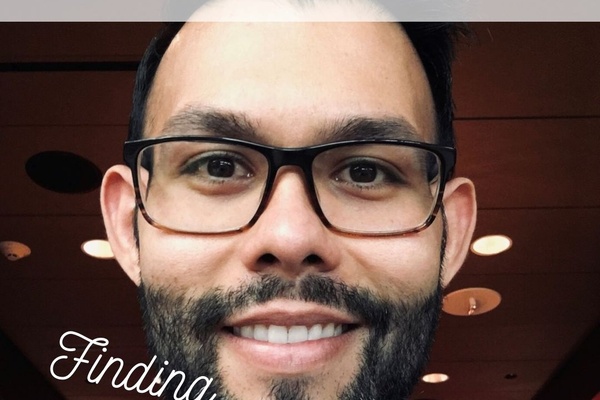
*Urban, multi-generational, and multi-national experiences of home
June 8, 2020
Daniel's interview reminds us that home is not just a sense of family and community, the structure you live in, or the locale where you live. Home is a feeling of safety in our body. And that our goal as humans is to create the conditions where this can be true for everyone.
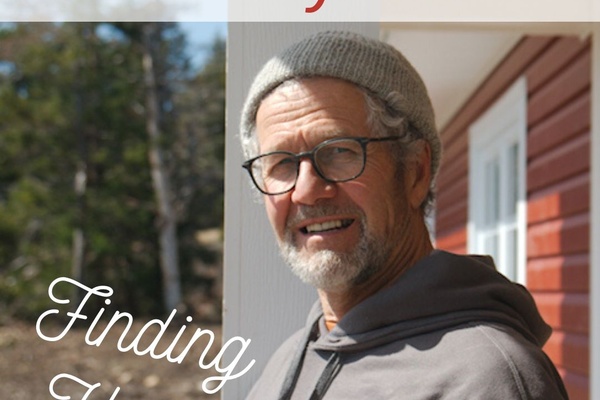
*Building Sanctuary throughout a lifetime
May 11, 2020
Sanctuary is the name of my parent's home on the LaHave River. Sanctuary describes both the soul of the place and the meaning of home. Home, not as a structure or a particular location, but as a place where relationships are built and sustained, where family can always find refuge.
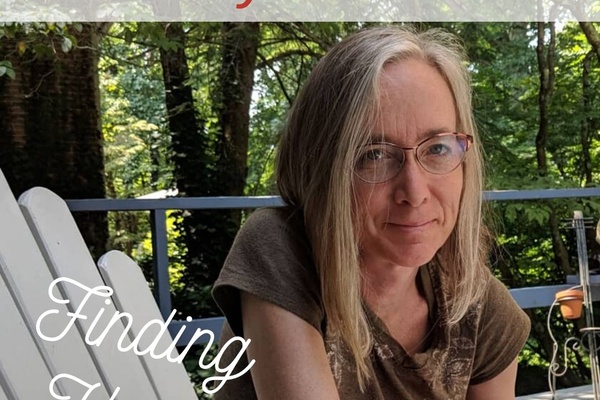
A place for creativity, community and connection
April 9, 2020
Bethany's story is a good one. It's about the imprinting effects of our earliest memories and childhood experiences on our ideas of home. It's about creating a family culture of radical and life-enriching hospitality. It's about trust and freedom and finding a home where your heart is secure, safe and loved.
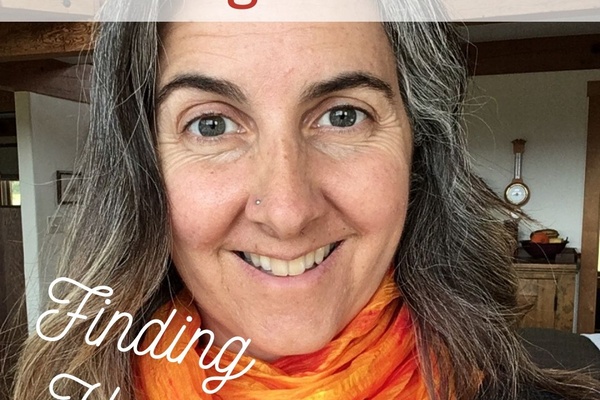
A milk crate, a homestead, and musical theater
March 9, 2020
An adventure-loving person, Teri lives for experiences. But as a gardener, community theatre member, and parent she values the rootedness and connection of "place". This desire to be both grounded - to build a home and commit to a particular place - and have adventures and unique experiences is a central tension for Teri.
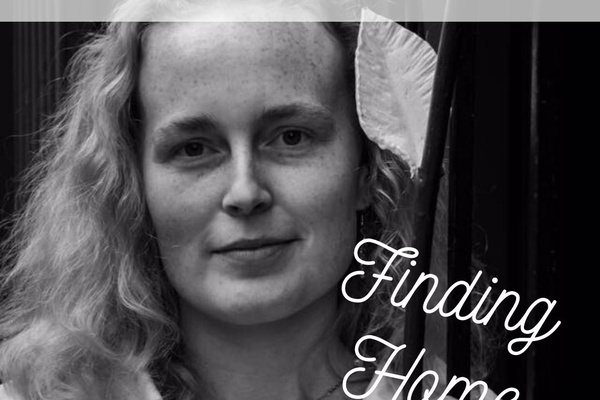
A cash-built, off-grid home in rural Maine
February 11, 2020
In our conversations about the vision, hard work and tenacity required to build her family's home, Naomi and I explore the "purpose" of a home. We talk about how security and stability is not just about a structure that we can call our own, but it's about our relationships and the web of connection with others.





